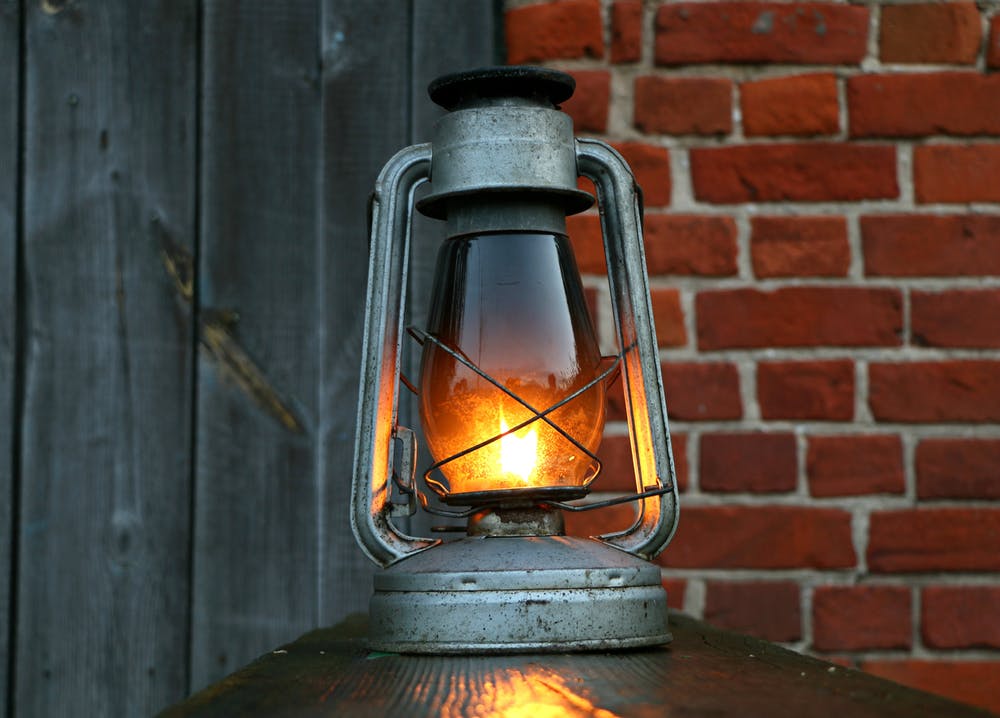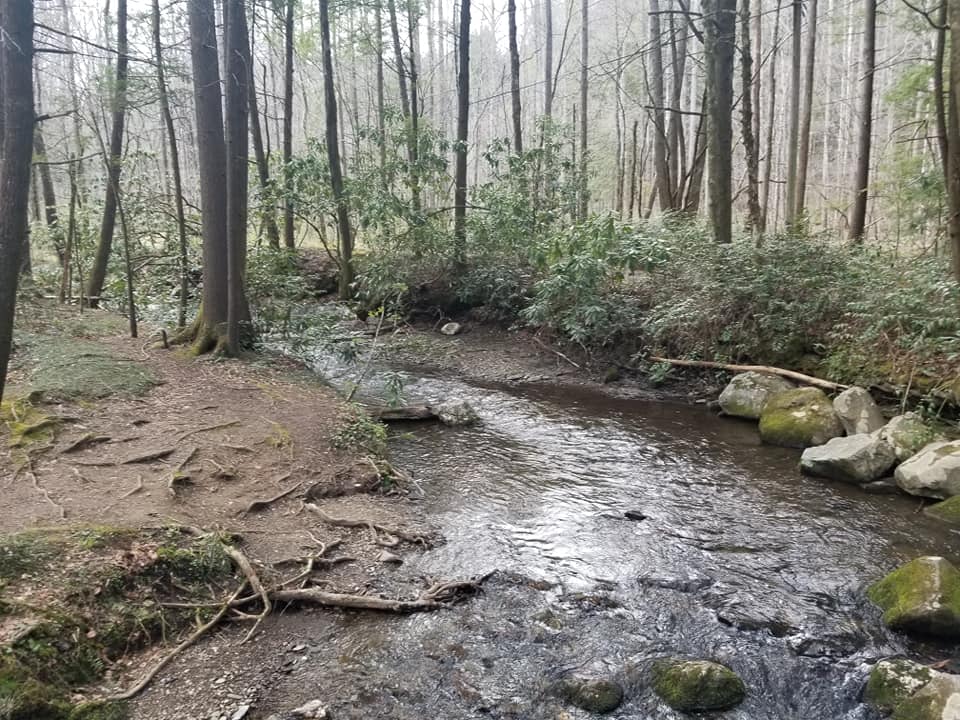
Surviving at home without electricity is difficult for many people today The survival skills of generations past have been lost in our modern world. Our grandparents and great grandparents would see electricity as a luxury but wouldn’t understand why we struggle without it.
Electricity is a modern convenience we have become accustomed to in our world. Anything that interrupts the electrical service interrupts our lives. We use it for lighting, for cooking and for powering all of the gadgets we have today.
Most of us have experienced a power outage at our home because of a storm or an issue with the service provider. These power outages usually last for a short period of time. What do you do if the power doesn’t come back on for weeks, months or even years?
My experiences surviving at home without electricity
I am a survivor of the ice-storm that hit my area back in 1994. The phrase was coined shortly after it happened and was even used in my high-school yearbook.
We didn’t have electricity for over two weeks because of the damage to power-lines. I’ve always lived in a very rural area and back then we ended up being blocked in because of all of the downed trees.
The night of the storm started out like many nights before until the trees started falling. It didn’t take long before the security light went out indicating we lost power. I really didn’t give much thought about losing electricity at first thinking it would be back on within a few hours.

It became clear the next morning the power would be out longer than we first thought. We had plenty of food and our primary heating came from a wood stove.
Living with limited utilities
After the first couple of days, we moved the freezer we had to the back porch to keep the food inside frozen. There was plenty of snow and ice to melt for water. We used the wood stove to cook as well as to keep us warm.
Several years later we moved from there to some property where we were building a house. It was impossible for us to pay rent and build a house at the same time so we moved a travel trailer onto the land to live in.
We moved in early spring to the property so the nights wouldn’t be very cold and the days wouldn’t be moderately hot. We had temporary electrical service that was used for construction but the trailer wan’t close enough for power to be added to it.
Our water was kept in a 30 gallon barrel which we hauled to my grandparents to fill. We cooked most of our food on a grill or on top of a gas heater.
We lived without electricity or running water in the trailer for about four months before moving into an unfinished house. Those months were a learning experience I will never forget.
Survival skills should be taught to kids when they’re young
Most people would not be able to prepare food without electricity. My parents grew up with limited access to many modern conveniences. My mother was raised in eastern Kentucky and was taught very young the skills needed. She still has a coal oil lamp my great grandmother gave her when she was young.
I grew up in the backwoods camping, hunting and fishing. We would regularly camp and hunt or fish for our food. Those fun times taught me many valuable skills. Those skills need to be taught to your kids and give you the opportunity to build some great memories with your family.
The skills you learn camping can help you survive at home without electricity and teach you which items become necessary and which are only a convenience.
Alternative heat sources are a must have
The first thing everyone needs to have in their home is an alternative heat source. If you live in an area that gets very cold during the winter it can mean the difference between living and freezing to death.
An alternative heat source can provide warmth, give you the ability to purify water and a way to cook food. The type of alternative heat you choose will be influenced by where you live. I have plenty of wooded areas on my farm that are a resource and do not require a utility or gas company to replenish.
Propane or natural gas is a good option as well. However, some appliances require an electrical source as part of their operation. Choose appliances, or at least have them available, that don’t require electricity to operate.
You cannot survive without water
During a long term power outage it is possible you may lose water as well. Water supplied by a public utility is always a good option and would be the first services restored in the event of a major power outage.
If you have a well on your property and the electricity is out, you may have more difficulty in getting the water out. Having a good hand pump attached to your well can give you the ability to access water when the electric pump cannot run.
Another good source of water would be a stream or pond where water can be collected and boiled to make it safe for drinking.

Surviving at home without electricity requires you to have certain tools
There are some items everyone should have in their home. A good set of cast iron cookware is a valuable resource to have. Cast iron cookware is more durable than many of the modern cookware. It can survive the high heat of open flames when it’s being used on a campfire.
You will need something to be used for boiling water that can handle the campfire flame also. Don’t use cast iron to boil water in because it will remove the seasoning from it making it harder to cook in.
Flashlights can provide you with a light source but will only last as long as the batteries. There are solar chargers available that can recharge some devices during the day. Oil lanterns and candles can provide you with a source of light long after batteries have died.
Firearms are important for self defense and for hunting wild game if necessary. Choose your survival guns carefully and be sure to know how to use them.
A good axe or saw is necessary to harvest wood for the fire and good knives are needed for common tasks and for dressing wild game. They are also good for self defense.
Surviving without electricity may not be easy for some people. However, developing the right skills and having the right tools can make life much easier during an extended loss of power.
